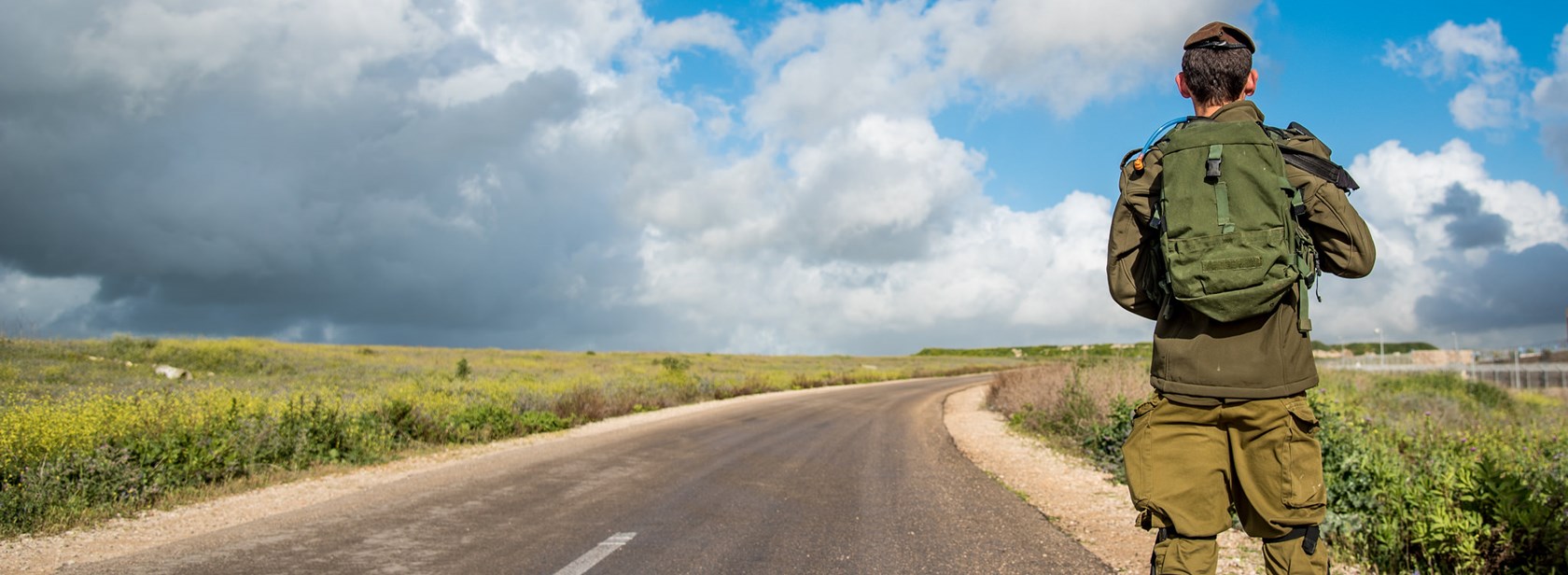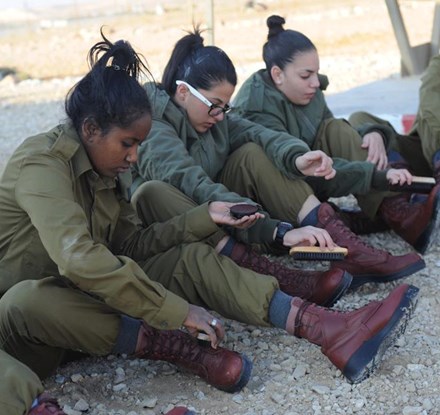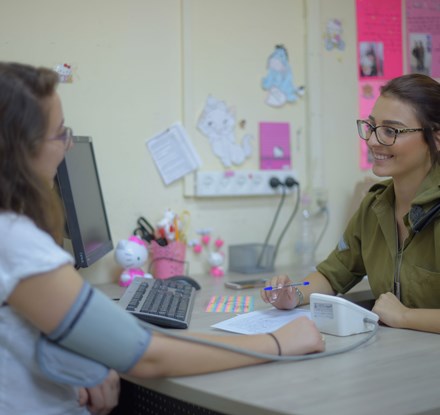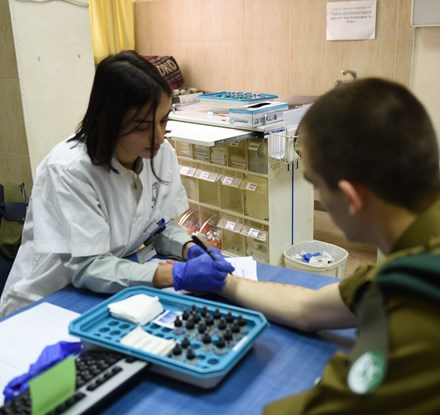Who is defined as a lone soldier? How does one get acknowledged as a lone soldier and what rights come along with that? All the answers >
תפריט נגישות
תפריט נגישות
Exclusive Service
Rights of Lone Soldiers
Who is defined as a Lone Soldier?
A Lone Soldier is a soldier who meets one of the following criteria:
- A soldier whose parents were in Israel and moved abroad- Either their parents have a permanent residence overseas and he\she lives in Israel without them, or the parents are on a mission overseas that lasts more than 6 months.
- The parents are on a mission overseas that lasts more than half a year.
- A Soldier who is estranged from his/her parents.
- Resides or has resided with a foster family until 18.
- Orphaned of both parents.
How does one get acknowledged as a Lone Soldier?
If you meet one of the criteria listed above, you need to file an application to be acknowledged as a lone soldier. If your application is approved, you will be acknowledged as a Lone Soldier, and therefore, be entitled to the benefits listed below.
If you are drafted to the IDF and not in contact with your parents, you need to bring to your draft day a report made by a social worker approving your situation. If your parents are on a mission overseas, you need to bring the relevant documents from the institution they are with. If you meet other criteria - they do not require paperwork on your behalf.
The process of acknowledgement as a lone soldier begins at the recruitment office. In order to understand your background and to aid you in acclimating to being part of the IDF, you will be questioned about your parents, your relationship with them, your financial situation and more.
The next stage is a meeting with a Mashakit Tash who will help you fill out the relevant application. A Mashakit Tash is the equivalent of a social worker in the army. This soldier is responsible to help care for your social and financial concerns. A Mashakit Tash is assigned to every soldier in the army. The results of the process - whether you get that recognition or not - will be delivered to you within a month or so from the decision being made.
On your enlistment day you will receive a Lone Soldier certificate, in which the length of your recognition as a Lone soldier and all the benefits you are therefore entitled to will be listed.
Rights and Privileges of the Lone Soldier
Financial benefits
- A monthly stipend - the stipend will be given out on a monthly basis in addition to the military paycheck. It amounts to 540 NIS. A Lone Soldier who is a combatant will receive an extra 422.2 NIS monthly. A Lone Soldier in special routine security measures activity level will receive an extra 369.5 NIS. A Lone Soldier in Aleph activity level will receive an extra 211.2 NIS.
- Holiday Gift Cards - A Lone Soldier will be given Holiday gift cards twice a year (on Rosh Hashana and Passover) which are accepted at over 50 chain stores.
- Financing a flight ticket to visit parents - HaAguda Lema’an HaChayal ( the Association for the Wellbeing of Israel's Soldiers (AWIS) helps finance plane tickets for Lone Soldiers whose parents reside overseas, once during your service, in accordance with the IDF criteria.
- Financial eligibility to purchase of food - A set monthly stipend for purchasing food at the “Shuper-Sal” stores across the country.
- Economic Fees - If the soldier has been on general medical leave or had over 3 consecutive Gimmel days, they are entitled to receive economic fees of 26.7 NIS per day.
- A day for various errands and arrangements once every two months.
- A special vacation of 30 days for visiting parents overseas.
- A special vacation of 8 days for visiting your parents when they come to Israel.
Housing Benefits
Receiving these benefits is dependant on the IDF criteria you meet. The options:
- Rent - this is what you should apply for if you are renting an apartment. For your request to be approved, you need to present the original lease agreement. If your request for rent funding is approved, you are entitled to it from your very first day as an IDF soldier. Also, the IDF will help sponsor other related expenses (taxes, water bills, electricity, gas, etc.) if you are found eligible on account of your situation.
- Lone Soldier Apartments - A Lone Soldier has the option to live in one of the AWIS’s apartments. The apartments are furnished and have all the accessories needed to be able to live respectably as a soldier of the IDF. In this situation, the soldier is not required to pay rent or taxes, and also receives food.
- Residing in Kibbutzim (Collective Settlements) - Can be done in dozens of settlements across Israel. This is intended for soldiers who serve in closed units or bases only. The soldiers can partake in services offered to all settlement residents, such as a laundry service and more.
- Residing in one of the Beit HaHayal (Homes for soldiers) that belong to the AWIS, located in various cities: Kiryat Shmona,Tveria, Jerusalem, Haifa, Tel Aviv, Ramat Gan and Beer Sheva. They provide laundry services and supply food.
Soldiers that have been discharged are entitled to three months of residence at Beit HaHayal, though it needs to be with the cooperation of the Unit for Directing Discharged Soldiers.
Lone Soldiers are entitled to one weekday, once every two months, that is dedicated to doing errands and personal business; soldiers serving in a closed base are entitled to have early leave from the base for Holidays and Saturdays, so that they can return home by 12:00; they are entitled to stay at one of the Beit HaHayal residences during the holidays for free.
If you meet any of the criteria listed above - don’t hesitate to turn to the IDF for help!
The Meitav unit’s assistance center is at your service at any point up to your enlistment day, and will help you with anything in their power. After enlistment, your wellbeing will be seen to by the TASH NCOs of the unit you will be assigned to.
Please note - For more information contact a Mashakit tash at your unit.

-
{{item.value}}
{{item.count}}
{{counter}} אנשים סימנו כי המידע עזר להם










